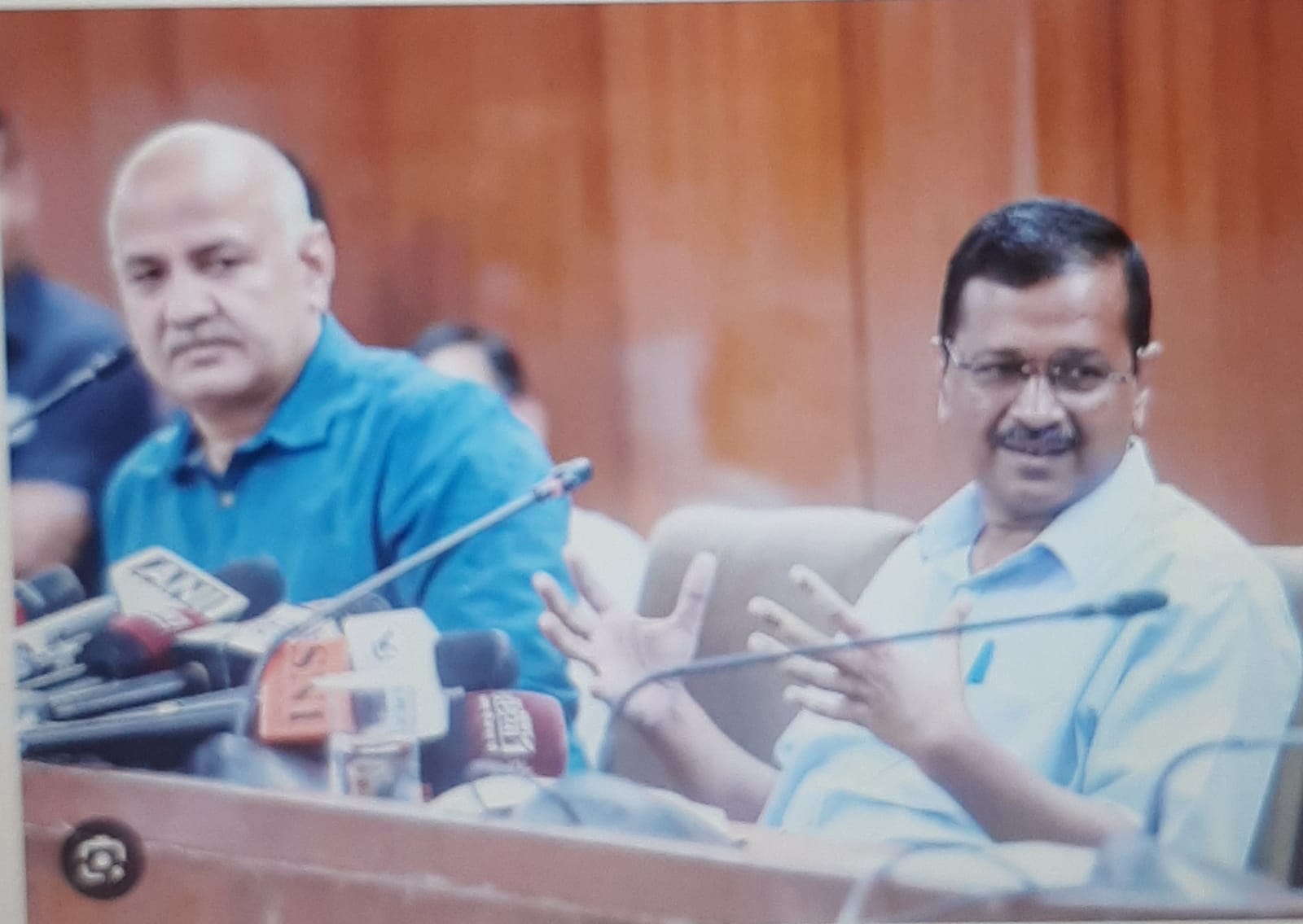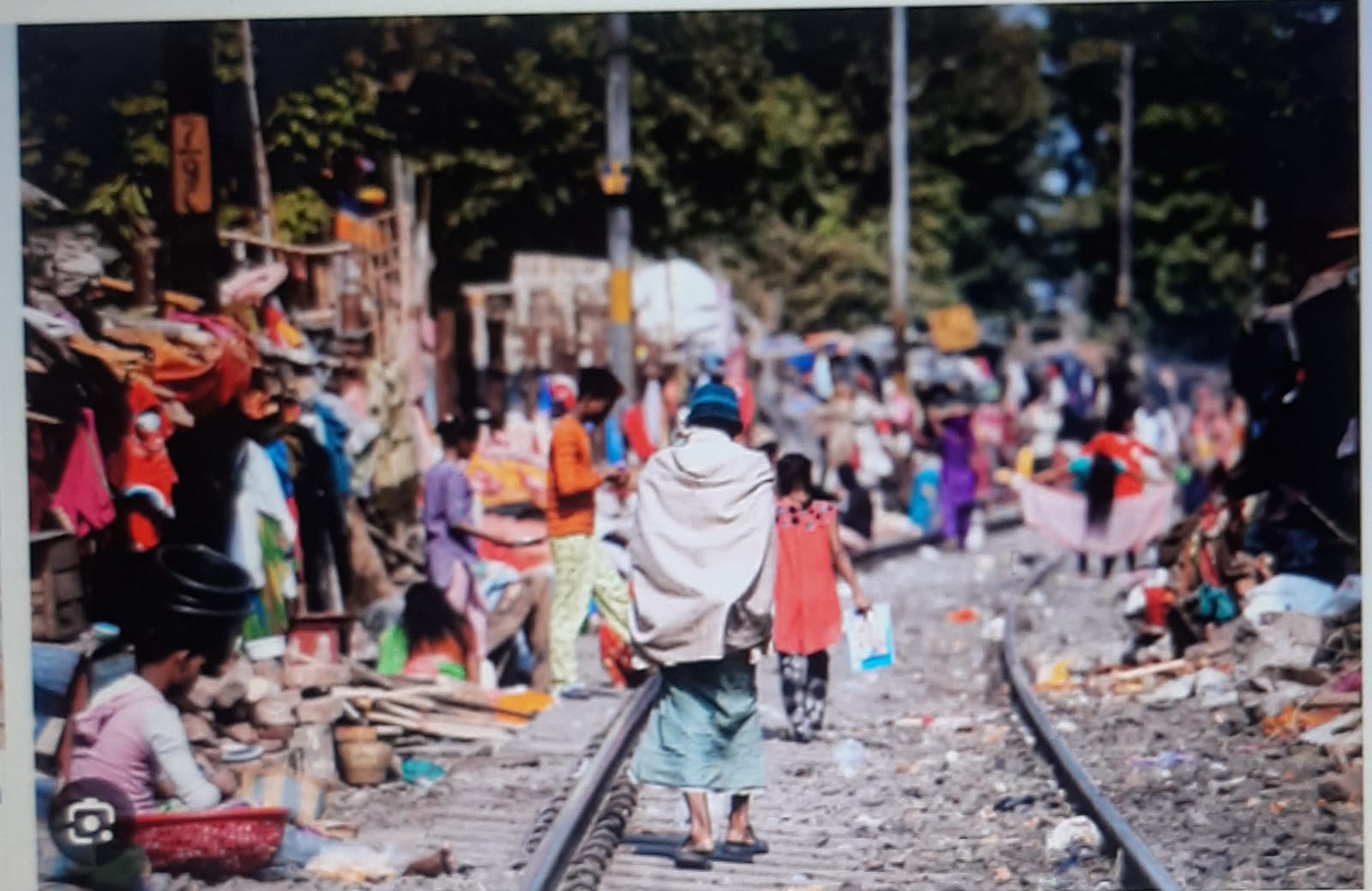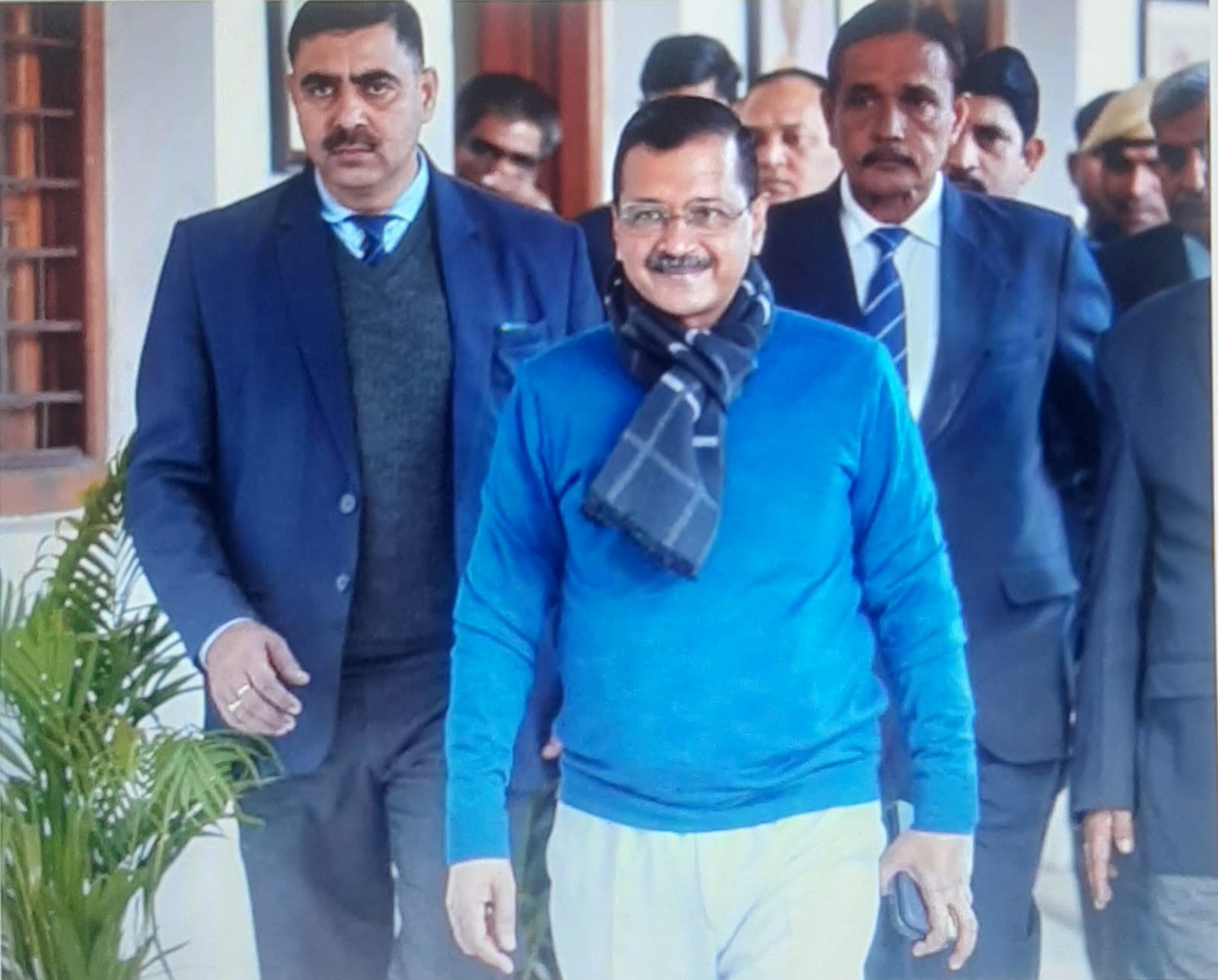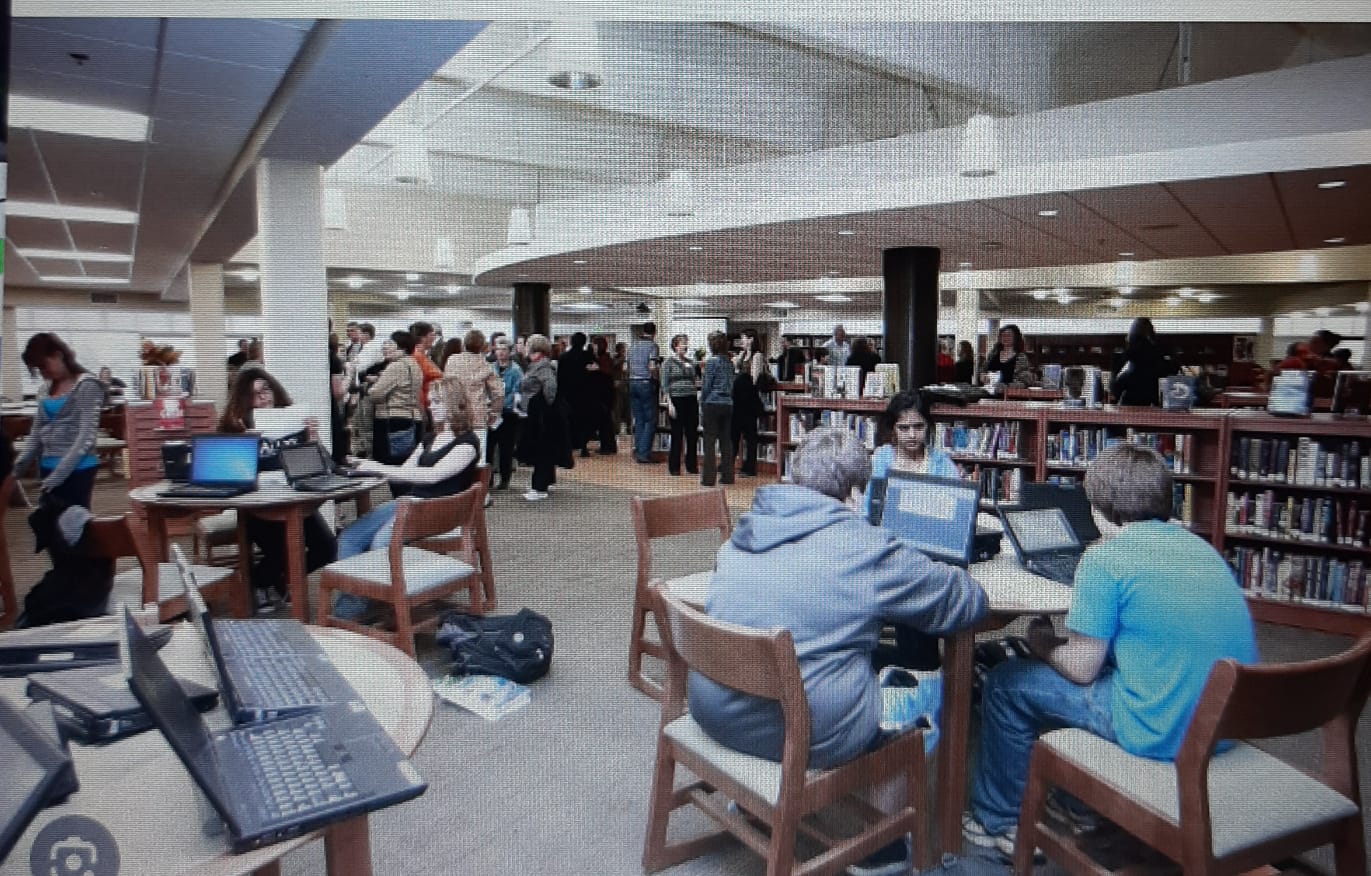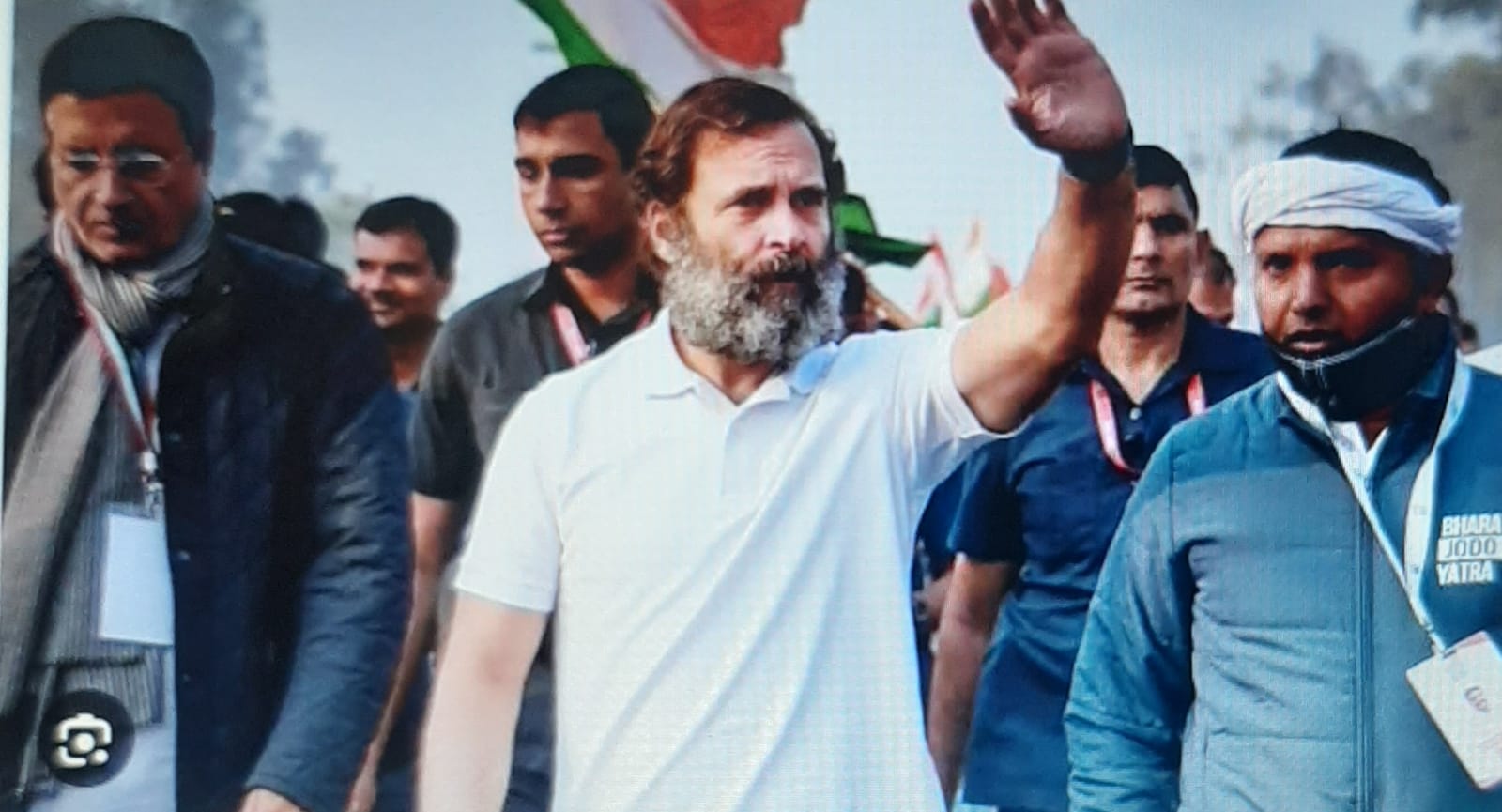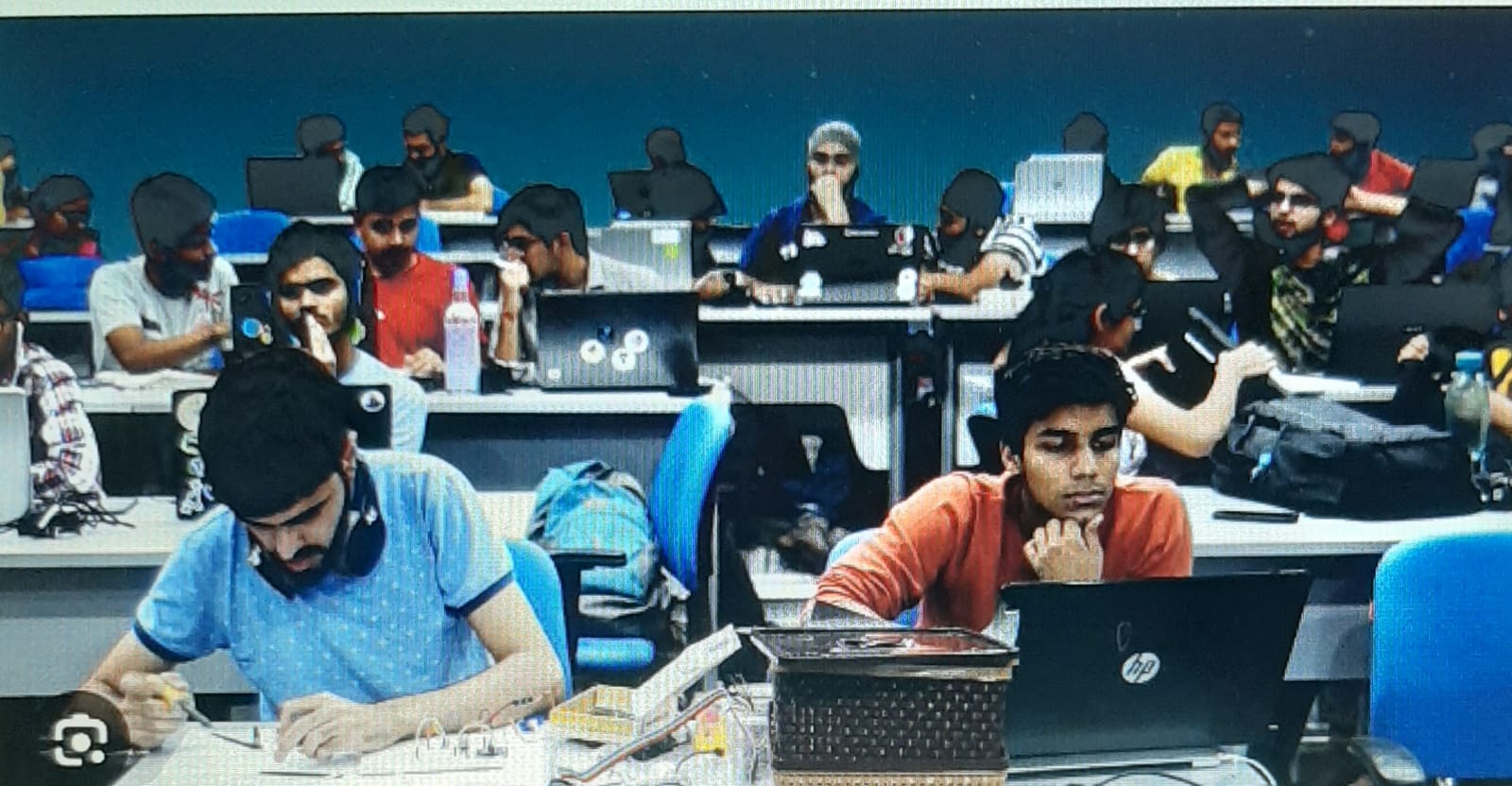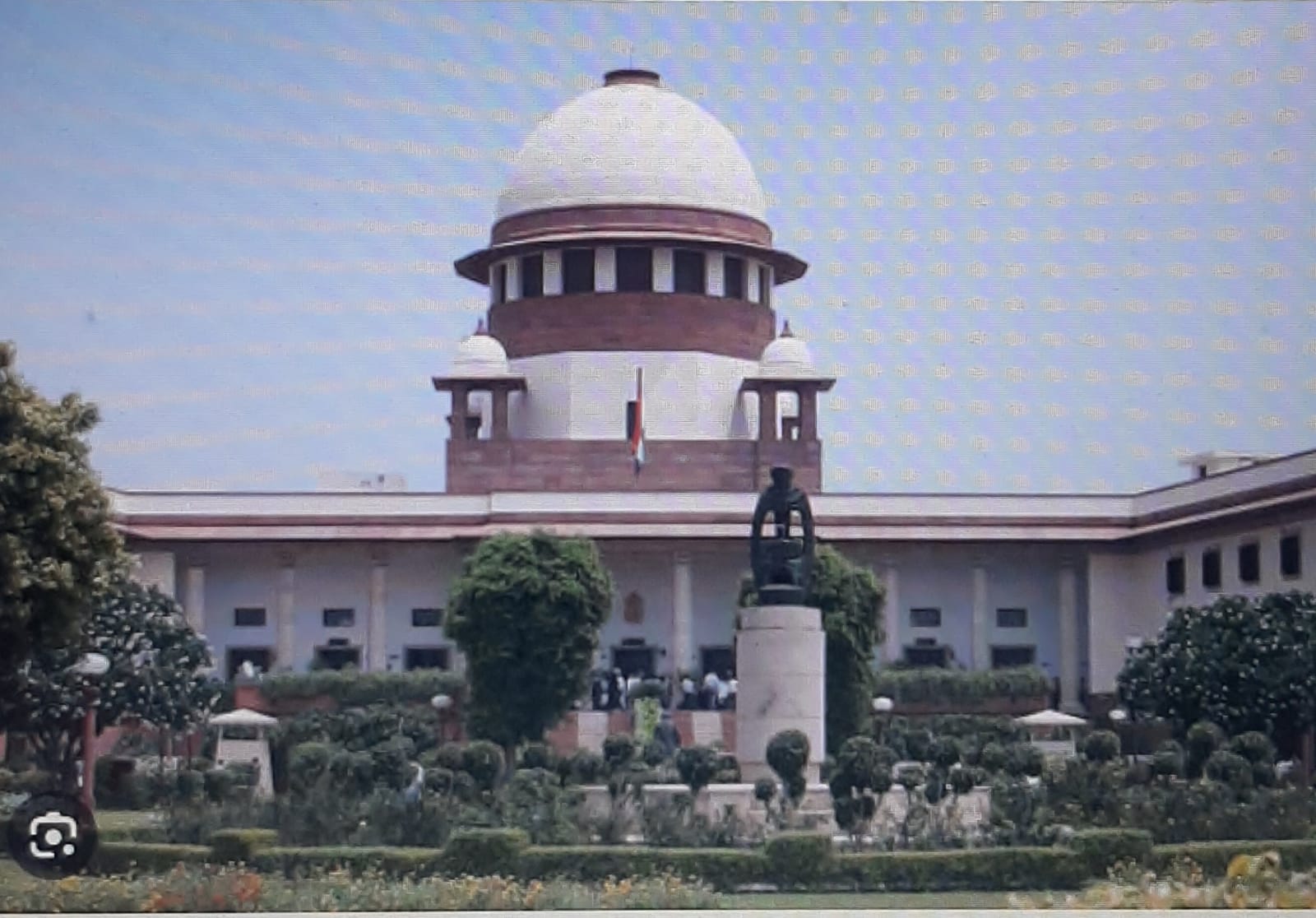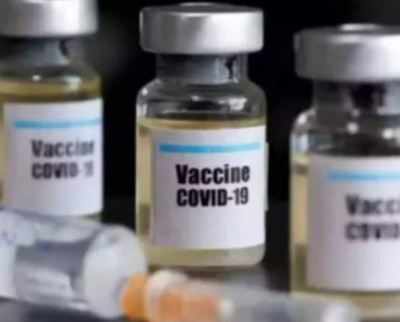
The cost of any product is based on the cost of production, licensing cost, expenditure on setting up the additional facilities, if any, required for manufacturing the product and such other admissible costs and reasonable profit margins, writes former IAS officer V.S.Pandey
The corona infection numbers are finally declining and are below the 50,000 mark, easing the situation after a horrific April and May experience. Vaccination has also picked up across the country after the central government decided to reverse the decentralised procurement of vaccines. It was a ridiculous idea to begin with, asking states to procure vaccines and expecting them to issue global tenders and compete amongst themselves. It is always good to accept ones mistake and correct the same, better late than never. However, the price negotiated by the union government for procuring the vaccines still begs answers. It is in public domain that the initial procurement price paid by central government was fixed at RS 150/- but states were told to procure the same vaccine- at more than double the price! The question arises – on what basis were these prices arrived at? Till now, there has been no explanation offered by the central government as to how the procurement price of vaccines was fixed.
Currently, the central government is going to procure vaccines for states also so as to vaccinate the people, for free. Naturally it is going to cost the exchequer about 40,000 to 50,000 crores of rupees , if not more. It is common knowledge that any procurement process, especially one costing thousands of crores has to be very transparent and open, even when there are only one or two suppliers. As we all know, the cost of any product is based on the cost of production, licensing cost, expenditure on setting up the additional facilities, if any, required for manufacturing the product and such other admissible costs and reasonable profit margins. So the selling price of any product should be fixed somewhere near that figure arrived at after taking into account all the above costs.
The Supreme Court also , while hearing a petition in this regard , directed the centre to submit a report comparing domestic and international prices of those Covid vaccines, currently available in India. It also directed the centre to submit a number of documents, including a complete “purchase history of vaccines”. Supreme Court also questioned the centre on the “digital divide” – a reference to concerns that requiring people to register on CoWIN which would hamper vaccination efforts in rural areas, where access to the internet is unreliable.
The central government immediately needs to make clear at what price the vaccines were procured by it earlier and what price it has negotiated for the procurement of vaccines now. Similarly ,the rationale to allow the vaccine manufacturers to charge four to six times the price at which the government of India procured the same vaccines, not only defies logic but seems absurd. I am not aware of any such instance ,in the past , where the same product was sold to different set of buyers at prices three to four times the lowest price offered to a particular set of buyers. This kind of policy is against the established laws and will not withstand scrutiny of courts. Asking private hospitals and other institutions to purchase the single vaccine dose for six hundred to a thousand rupees when the same dose was purchased, by even a foreign country ,from one of the manufacturers, for nearly hundred and fifty rupees, is inexplicable . These facts, of gross overpricing, are in the public domain and many media reports have also pointed out these glaring discrepancies from time to time .
It is unfortunate that the policy formulated for undertaking corona vaccination , from the very beginning , got mired in various issues which , fortunately for the people of our country , got corrected over a period of time . The corona vaccine purchase policy now suffers seriously from a differential pricing syndrome -that needs to be corrected, urgently. No government can frame a policy , which apparently seems to favour the manufacturers or suppliers at the cost of the people of India. The Government of India needs to place all the facts concerning the negotiated price of vaccines with manufacturers or procurers or suppliers , in the public domain, to clear the air surrounding the differential pricing policy. The central government will be paying these bills for vaccine procurement from budgetary resources. Hence it is incumbent upon the government not to allow any supplier to take undue advantage of the current situation caused by the corona pandemic. Hence the central government should not only renegotiate the price of the vaccines for states, but also enquire into the costing aspect of the manufacture of these vaccines. This action is not only necessary to ensure transparency in the whole procurement process of vaccines but it is vital as the government will be making payment of thousands of crores of rupees to these vaccine manufacturers. This issue has to be addressed seriously by the government to ensure that the public exchequer is not unduly burdened by excessively inflated payments made to the manufacturers and suppliers of corona vaccines. The time has come for government to act expeditiously and not allow vested interests to extort exorbitant profits at the cost of the poor people of this country. None should be allowed to use the current “ aapada” to create ‘ Opportunity’ for massive profiteering.
(Vijay Shankar Pandey is former Secretary to government of India)


